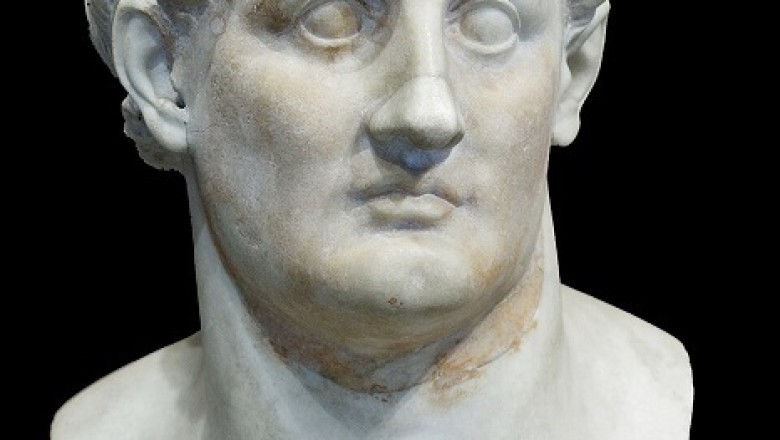
The Ptolemaic Kingdom
In the vibrant land of Egypt, under the sunny skies where the Nile flows, Ptolemy, the son of Lagos, embarked on a remarkable journey. As a Macedonian appointed by Alexander the Great, he pursued a fulfilling life in Egypt, infusing his reign with warmth and respect for the local culture.
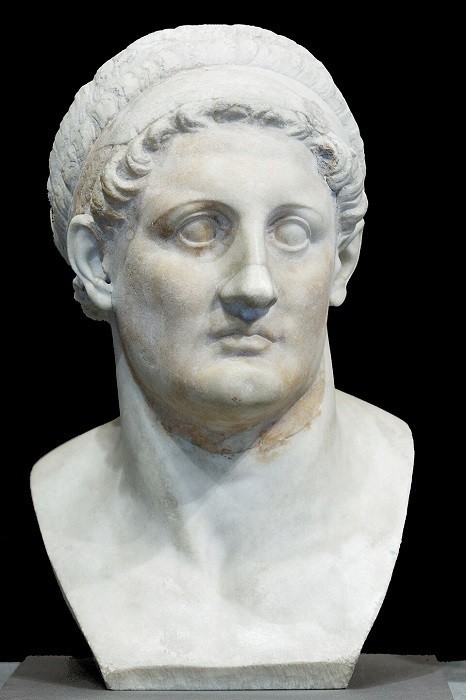
Ptolemy had a knack for connecting with the people, showing genuine appreciation for their traditions. He worked hard to restore temples that had suffered during the Persian invasion, and with great honor, he brought Alexander the Great's body to Alexandria, giving it a dignified burial and establishing a beloved cult around the great leader. This satrap wasn’t just a conqueror; he engaged with local leaders, secured victories in battles, and cleverly recruited armies from rival factions. Instead of seeking to take over the mantle of the Macedonian Empire, he envisioned creating something beautiful and splendid of his own—his very own great kingdom.
A Royal Dynasty Blossoms
Ptolemy I's personal life was equally fascinating. After his first marriage to the Persian princess Artakama, he found love again with the beautiful Eurydice, the daughter of the Macedonian general Antipater. In her court, he noticed the charming widow Berenice, and soon he made her his wife, choosing her son as his heir regardless of the sons he had with his first wife.
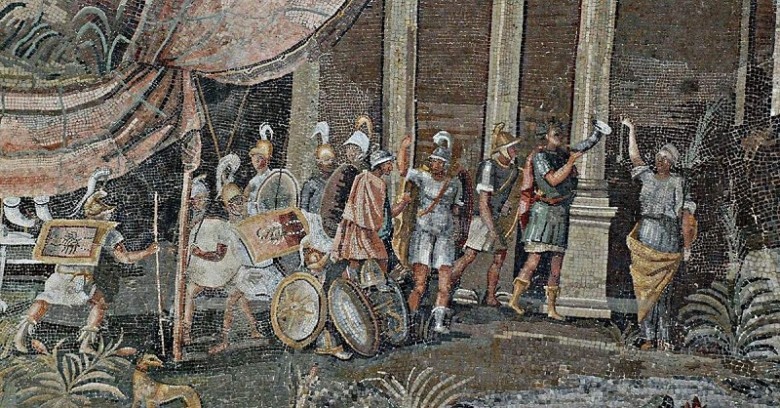
Their love story continued to bloom as Ptolemy I’s children with Berenice eventually united with each other in marriage, forming a tapestry of familial love and connections that lasted throughout generations.
The marriage of Ptolemy II Philadelphus to his sister Arsinoe II raised some eyebrows among the Greeks, but the Egyptians embraced this union as a glorious celebration of royal tradition. The poet Sotades poked fun at this marriage and was met with a rather dramatic end, but Arsinoe II soon found herself honored in temples. Over the next 300 years, marriages within the Ptolemaic family became commonplace, while new blood occasionally flowed into their veins through random relationships or concubines, but power remained firmly within the family.
The artistic representations of the Ptolemies revealed charming features like their prominent noses and large, expressive eyes that gave them individual personalities. Names such as Berenice, Cleopatra, and Arsinoe flourished among queens, bringing variety and vibrancy—while every king proudly bore the name Ptolemy. Among them, even Caesarion, who was never destined to fully be pharaoh, was affectionately called Ptolemy XV. The Ptolemaic family tree blossomed with many Cleopatras, the most renowned being Cleopatra VII, who had her own distinct legacy!
Honoring the Past
Ptolemy I was deeply respectful of the gods and traditions of Egypt, working to weave together the bright threads of his new elite with the rich tapestry of ancient culture. He introduced Serapis as the new patron deity of Alexandria, creating excitement and buzz around this vibrant new god. With elements drawn from Greek and Egyptian pantheons, Serapis became a divine symbol of abundance and healing, welcomed by both cultures.
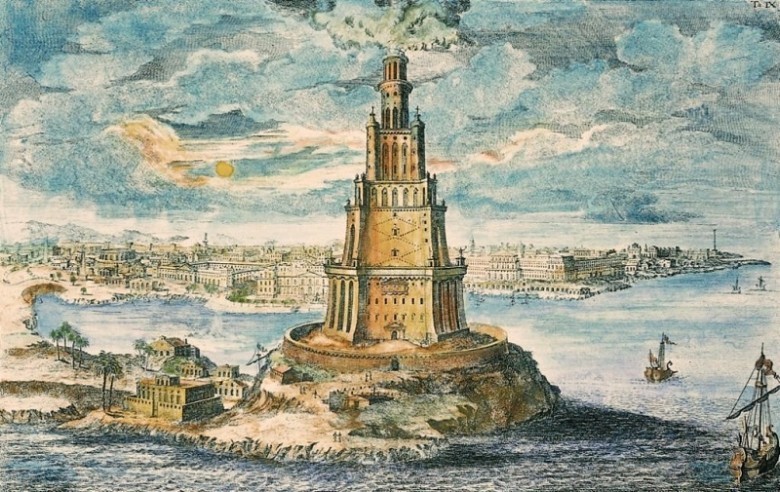
As the patron of the royal family, Serapis captivated hearts with his symbolism of resurrection and bounty, becoming an essential part of Egyptian life. His temple, the Serapeum, quickly became a centerpiece in Alexandria, and his warm and welcoming presence spread beyond Egypt, reaching places like Athens and even Rome.
This deep reverence for local traditions allowed the Ptolemies to become beloved figures among the Egyptian people, and the deification of kings and queens during their lifetimes became a cherished custom, further highlighting the connection between Ptolemaic rulers and the ancient pharaohs.
A Flourishing Administration
With a golden land at his fingertips, rich in agriculture and vibrant traditions, Ptolemy was fortunate to inherit such a jewel! He sought harmony between the Greek-Macedonian settlers and the welcoming Egyptian populace. Instead of populating Egypt with numerous Greek cities, Ptolemy poured love into Alexandria, transforming it into a magnificent capital that would shine brightly in the ancient world.
This thriving city, with its strategic harbor and access to trade routes, quickly became a bustling hub of commerce. Ptolemy established Ptolemais as the capital of Upper Egypt, crafting a landscape marked by unity and purpose. He cleverly combined the strengths of the Macedonian elite with the talents of the Egyptian farmers, creating a system where all could thrive together.
Agriculture was the heart of the economy, and Ptolemy worked to centralize its management, ensuring that farmers had the resources they needed to prosper. As irrigation systems flourished, crops grew bountifully, creating an environment of abundance. Lush fields and thriving livestock painted a picture of prosperity across the land.
Yet, as time rolled on, challenges emerged. Bureaucratic pressures began to strain the system, but the spirit of perseverance remained strong. The recruitment of Egyptian soldiers brought fresh energy, fostering a sense of unity and resilience among the people.
Alexandria—A Cultural Beacon
Alexandria became more than just a capital; it blossomed into a radiant center of enlightenment and culture. Ptolemy welcomed brilliant minds to his court: esteemed scholars, philosophers, and thinkers brought a creative spark to the city. Straton of Lampsacus and Philitas of Cos were just a few of the many intellectuals who found their home in this thriving environment.
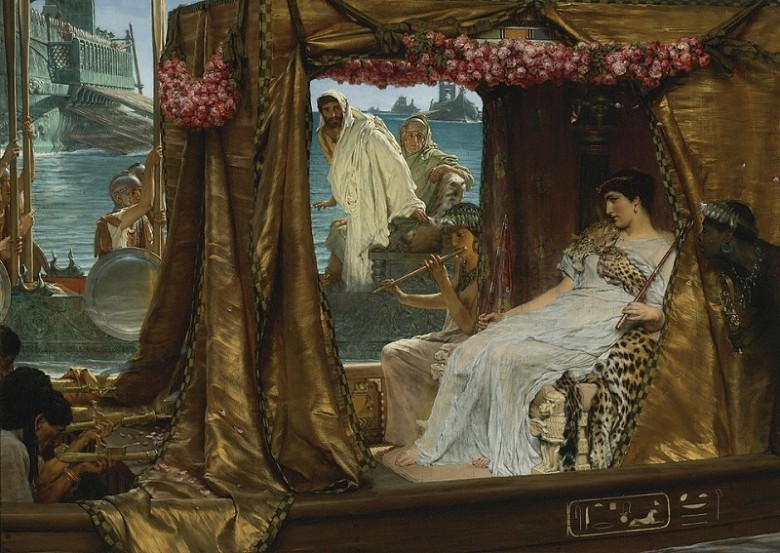
Under the visionary direction of Demetrius of Phalerum, the Mouseion—a marvelous temple dedicated to knowledge and the arts—was born. This institution was a haven for the intellect, and the legendary Library of Alexandria soon became a treasure trove of wisdom, a magnificent gift to future generations!
Generous royal funding turned this hub into a prestigious sanctuary for scholars and scribes, where knowledge flourished. Though Greek was the primary language, the atmosphere embraced diversity, culminating in an astounding collection of texts and ideas. The Rosetta Stone stood as a testament to this cultural fusion, elegantly bridging the gap between languages and enabling scholars to unlock ancient secrets.
As Alexandria pulsed with life—filled with vibrant discussions, creativity, and innovation—its inhabitants participated in the thrill of political life. The lively populace of Alexandria took pride in their ability to voice their opinions, standing as a testament to the passionate spirit of the city.
A Colorful Legacy
Ptolemy I is fondly remembered as a kind-hearted benefactor who sought the happiness and well-being of his people. As the years passed, some descendants wandered from his path, but they remained passionate about their quest for power. Through love and rivalry, their lives interwove into a captivating narrative full of excitement and drama.
The story of Cleopatra VII Philopator, the last queen of Egypt, perfectly exemplifies this complex family dynamic. Born to Ptolemy XII, a royal who navigated a tumultuous path to power, Cleopatra's life was a fascinating interplay of fate, ambition, and legacy. As her father faced struggles, Cleopatra would rise, becoming a capable player in the royal drama, aligning herself with her brothers and eventually taking her rightful place in the annals of history.
Cleopatra's story paints a picture of love, loyalty, and the pursuit of power, echoing through centuries. As she maneuvered through the complexities of royal responsibilities and personal relationships, making alliances and taking risks, she embodied the vibrant spirit of the Ptolemaic dynasty.
Ultimately, Cleopatra VII, the spirited queen, endeavored to protect and preserve the legacy of her ancestors, shining brightly as the final beacon of the once-glorious Ptolemaic kingdom, reminding us that amidst the challenges of life, the pursuit of greatness and connection can blossom beautifully!


















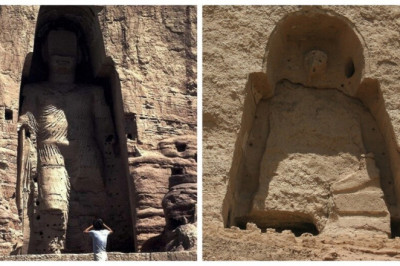

Comments
0 comment